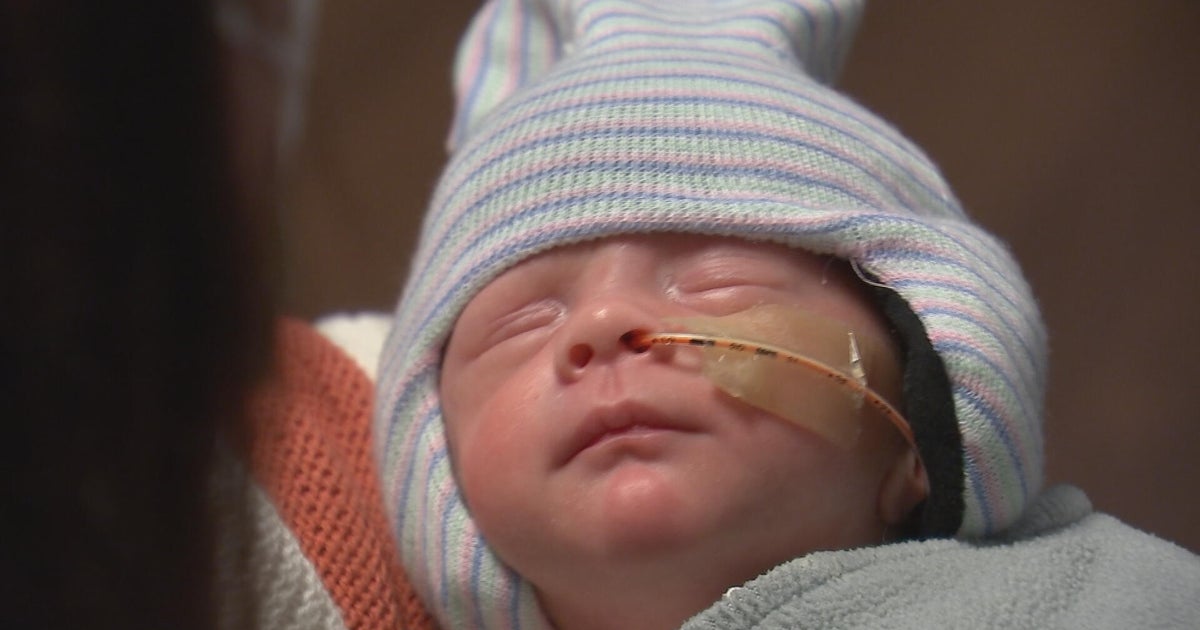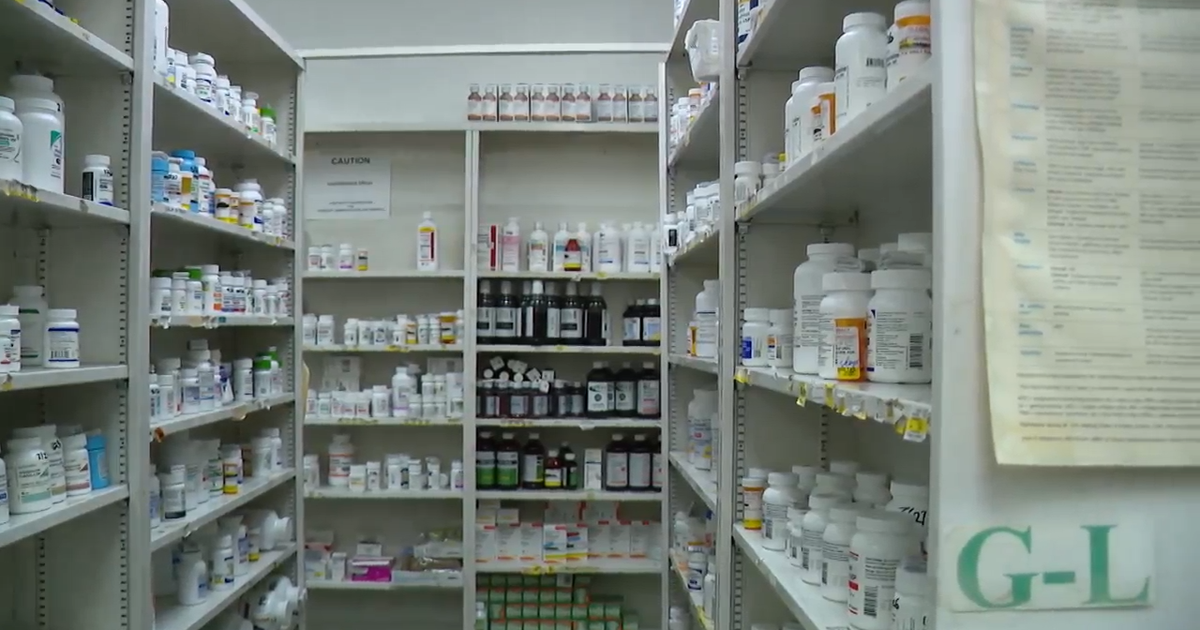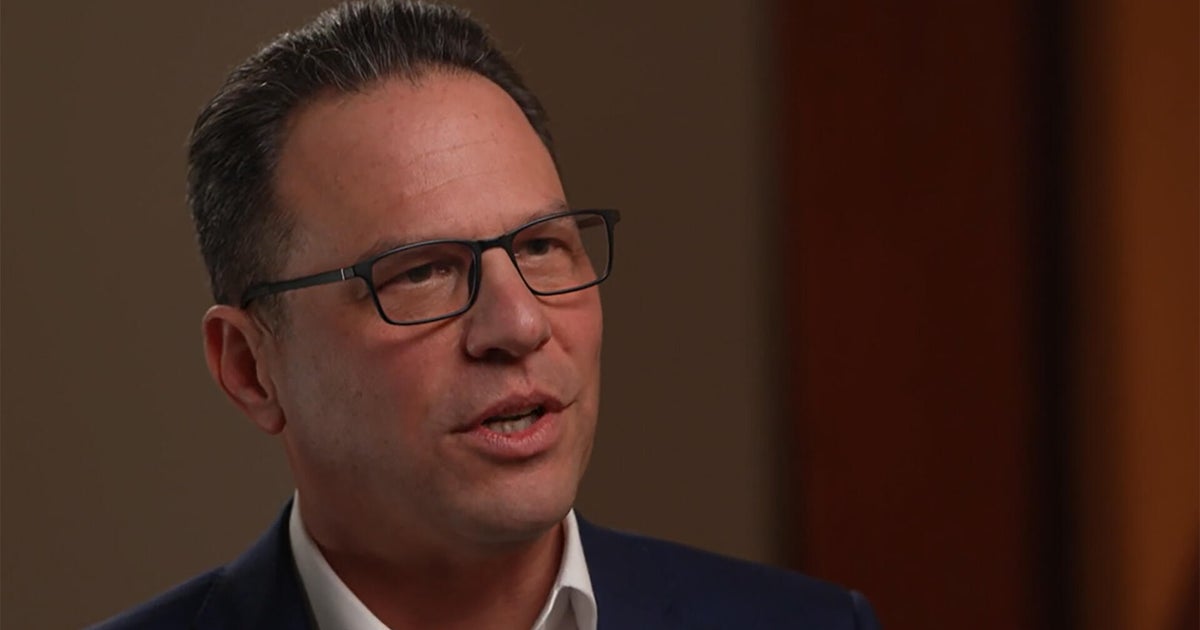Philadelphia health department issues monkeypox advisory ahead of Made in America Festival
PHILADELPHIA (CBS) -- Philadelphia health officials are issuing an advisory about monkeypox and this weekend's Made in America Festivals. They say people should avoid skin-to-skin contact, which is how the virus is spread and to keep their hands clean.
Health officials say everyone in crowded locations needs to be careful this holiday weekend. Also, there are two new studies out on monkeypox -- one about a promising new treatment and the other about a potential link to a heart condition.
Monkeypox cases continue to increase with a big jump last week in Philadelphia, which now has 327 cases.
The virus causes lesions or a rash, but no other serious complications have been reported until now.
"The first report of viral myocarditis associated with monkeypox," Dr. Bill Gray said.
Gray, a cardiologist for Main Line Health, says myocarditis is an inflammation of the heart.
"Which can sometimes cause pain," Gray said, "can sometimes cause a reduction in the heart muscle function."
The link, if any, to monkeypox is unclear, according to a report from the American College of Cardiology.
But myocarditis has also been associated with COVID-19, another contagious virus.
"We think what happens with myocarditis and viruses is that the virus turns on the immune system of our bodies," Gray said, "so we're fighting the virus's invasion. And the myocardial cells, the heart cells, are confused, so the body attacks the heart as well as the virus."
Also, British researchers are testing a new drug to fight monkeypox. It's called Tecovirimat.
Tecovirimat was initially developed for smallpox and is already being used in hospitals with extreme cases.
"It prevents the viruses leaving the cell," Dr. Peter Horby, of Oxford University, said. "So it prevents transmission onwards to others. And so it really sort of interrupts replication of the virus within people who are infected."
In previous animal studies, the drug sped up recovery while also stopping the virus from spreading.
"I think now the priority has to be what we call elimination as opposed to eradication," Horby said, "which is not completely getting rid of it but eliminating it as a public health threat"
Researchers say of if the tests go well, the drug could be rolled out in as early as six months.







